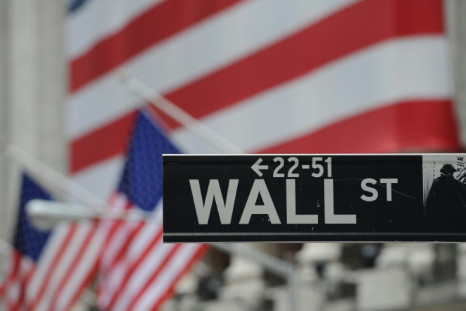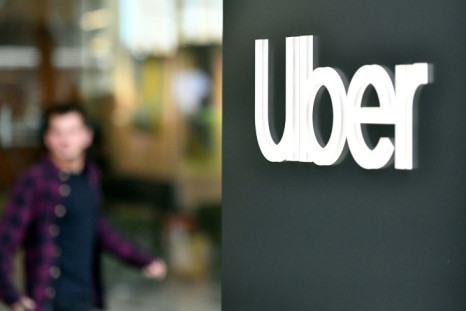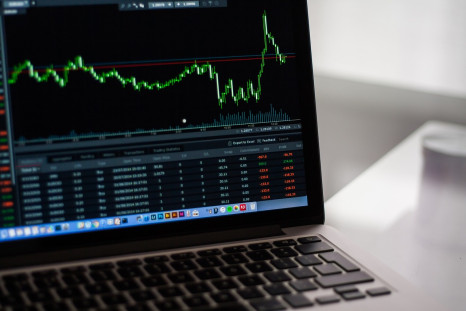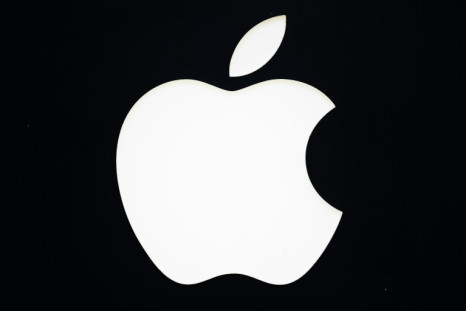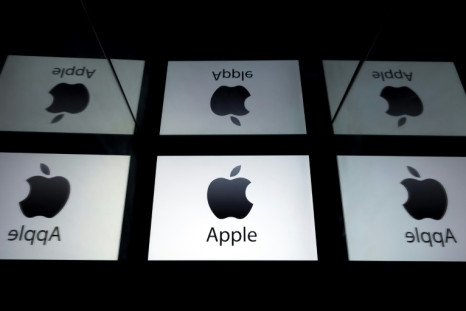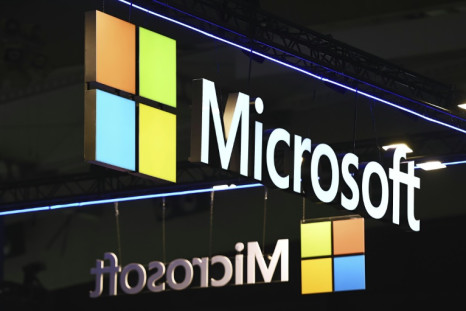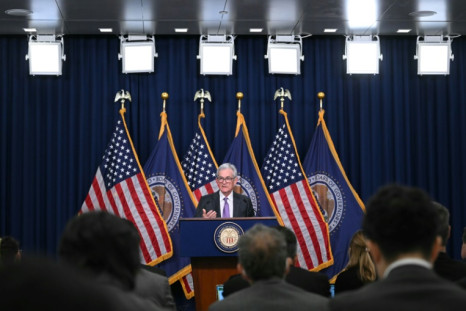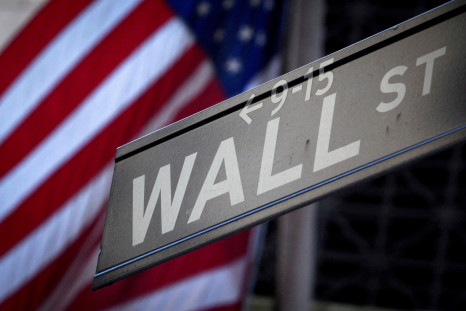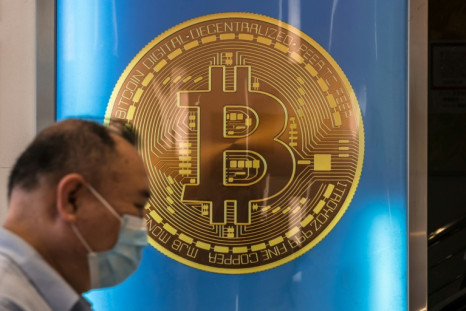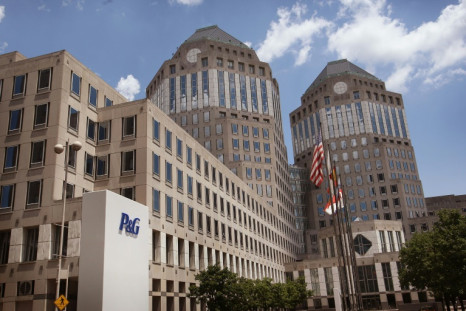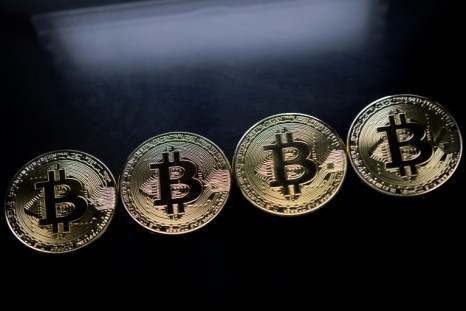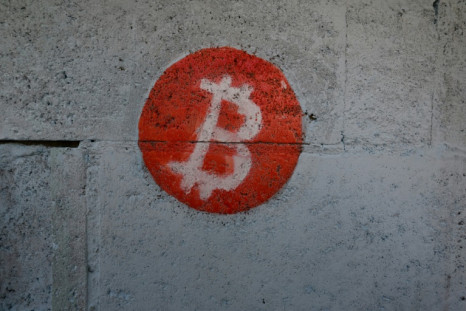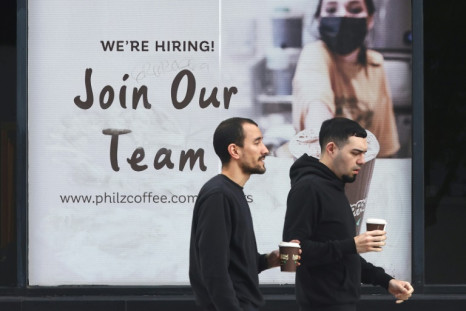The critical driver behind rising bond yields worldwide is stubbornly high inflation, thanks to robust consumer spending in the world's largest economy and supply-side pressures. These pressures prevent central banks from easing monetary policy.
With its predictive capabilities, AI can introduce a new level of personalization and timely interaction, leading to more accurate disease diagnosis and more effective treatment, according to industry experts.
Nvidia's string of robust financial reports have stunned Wall Street's analysts.
Nvidia's impressive financial performance adds to the strong results from Microsoft, Alphabet, Amazon, and Meta. These results reinforce the belief that the rally in the "magnificent five" continues, contributing to another week of gains for the tech-heavy Nasdaq.
Apple needs to do more than just cut iPhone prices to effectively compete against Huawei and win back Chinese consumers' loyalty and spending. It must come up with a better product for the Chinese market.
The persistence of inflation makes wealthy consumers more price-sensitive, leading them to seek bargains at Walmart, which is gaining an edge over Amazon in shopping convenience.
Over the last 12 months, the S&P 500 has increased 26.30%, the Dow Jones has risen 19.30%, and the Nasdaq index has advanced 31.50%.
Traders and investors liked a report by the U.S. Bureau of Labor Statistics before the market opening, which showed that both headline and core consumer inflation are easing.
Uber and Lyft traded places on Wall Street in 2024 as competition for riders rages on. Lyft's shares are up 15% YTD, while Uber's are up 10.3%.
Last week's rally followed the previous two weeks' rally and was driven by better earnings from semiconductor giant Taiwan Semiconductor and steady bond yields.
Once a stellar performer on Wall Street, Apple's stock is underperforming major equity averages, sparking a heated debate between bulls and bears in the analyst community.
Last week, the Seattle-based coffee shop chain reported second-quarter earnings and revenues that badly missed analysts' estimates. It most notably reported a 2% revenue decline, the first since 2020, and lowered its guidance for the next quarter.
Better-than-expected earnings from Amazon and Apple and lower bond yields sent stocks higher last week. These gains added to the momentum for equities that began at the end of the previous week, when Alphabet and Microsoft reported solid earnings, too.
U.S. job growth cooled off in April, which changed the narrative for the U.S economy, but it may not change the game for the Federal Reserve.
AI will redefine traditional banking, making it more efficient, secure, and innovative. AI-driven chatbots and virtual assistants will streamline the front office, personalize customer service, and improve banks' top and bottom lines, experts said.
Microsoft Copilot and Copilot stack are orchestrating a new era of AI transformation, driving better business outcomes across every role and industry, Satya Nadella said.
Stagflation and the presidential election could put the Federal Reserve in a difficult position at this week's Federal Open Market Operations Committee (FOMC) meeting.
The S&P 500 closed at 5,099.96, up 2.70% for the week; the Dow Jones at 38,239.66, up 0.70%; the tech-heavy Nasdaq at 15,927.90, up 4.2%%.
Trading started on the wrong side for Wall Street bulls on Thursday morning. All major asset categories headed south on worries that the U.S economy is heading into stagflation. That's a situation of slowing economic growth and rising inflation.
Bitcoin enthusiasts always have myths to defend the digital currency and its peers. One of the myths held in the early days was that Bitcoin is a hedge against inflation, as it isn't subject to the manipulation of central governments.
Inflation for branded essential consumer goods is easing, helping slow down the rising cost of living that has undermined household budgets nationwide, according to Procter & Gamble Company's (P&G) third-quarter earnings report released last Friday.
Bitcoin "halving," and earnings from ASML Holding, Taiwan Semiconductor Manufacturing Co, and Netflix took Wall Street for a wild ride last week, with the CBOE Volatility Index spiking close to 25%.
Consumer price data released by the U.S. Bureau of Labor Statistics (BLS) shows that car insurance premiums rose at a whopping annual rate of 22.2% in March, well above the 3.5% rise in the Consumer Price Index (CPI).
According to the Consumer Price Index (CPI), a broad measure of the average change over time in the price of a market basket of consumer goods and services, inflation headed in the wrong direction again in March, up rather than down.
The digital currency hovered around $70,000 most of the week. But it had a tumultuous weekend, falling below $62,000 Saturday before heading back toward $65,000 Sunday morning.
The U.S economy is turning into a tale of two worlds: the world of large businesses that are thriving and a world of small businesses that are struggling.
Stretched valuations and diminished expectations of interest rate cuts make U.S equities vulnerable to sell-offs, David Bahnsen, chief investment officer of The Bahnsen Group, said.
AI advancements won't just modify the gaming experience; they will rewrite the creation, play, and engagement rules, boosting the industry's revenue and earnings growth, according to experts.
One catalyst behind Wall Street's heighten volatility during the week was higher oil prices, growing Middle East tensions, and more robust economic data from China early in the week.
The Federal Reserve and Wall Street should look below the headline March jobs report released Friday to three numbers that matter the most for inflation and interest rates -- labor force participation, unemployment rate, and hourly earnings.
Editor's pick










